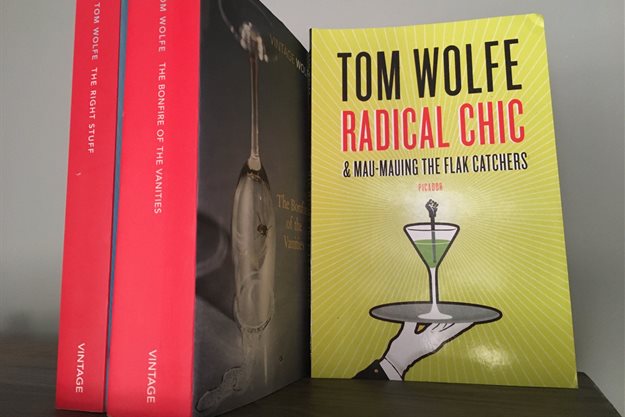#PulpNonFiction: From cynical crisis capitalism to authentic brand empathy
Economically, politically, socially, 2020 has been a difficult year for brands, businesses, countries and consumers alike. Of that there can be no doubt. Crises tend to reveal us - as individuals and organisations - for who we really are, both the good and the bad under the surface is brought to light. One of the ways that brands and businesses have revealed themselves is how their marketing and communication strategies have responded to the manifold crisis affecting their customers. Effectively, I have observed two responses: the first cynical crisis capitalism; the second authentic brand empathy.

Crisis capitalism
Crisis capitalism is a cynical public relations strategy that involves jumping on the “brandwagon” (the brandwagon being any fashionable social cause) for commercial gain, without having a firm understanding of or commitment to the underlying cause itself.
To illustrate this concept, I was reminded of the Tom Wolfe’s 1970’s cult-classic book Radical Chic & Mau-Mauing the Flak Catchers, which is a journalistic account of how New York high-society socialites attempted to use their high-profile social and financial support of the Black Panther movement to further their own social-climbing aspirations.
When this strategy backfires, as the socialites poor understanding of the Panther’s real goals and methods is revealed, the socialites quickly attempt to distance themselves from the movement, damaging their own reputations in the process.
To anyone living in 2020, this little piece of not-too-distant history should remind you of some of the more cynical and half-hearted brand and celebrity attempts to attach themselves to the Black Lives Matter movement that have been justifiably exposed and crucified on social media for “woke washing”. Woke washing, of course, is superficially taking part in a popular social case (using the appropriate hashtags and symbols for example), while failing to engage in any real change behind closed doors. (Think of big corporates with all-white-all-male board members adding #BlackLivesMatter to their company Twitter bios and consider the long-run brand damage when such hypocrisy is revealed in the local news…)
Brand empathy
Brand empathy may appear to be similar to - or even the same as - crisis capitalism on the surface, in that it also involves brands attaching their public profile and marketing identity to a social cause, but the difference comes in with regards to what is going on beneath the surface.
With brand empathy, the brand is both aware of and committed to paying the cost attached with backing a social cause that it believes is worth potentially losing profit margin, or even some potential customers who may not agree with the cause in the short term.
Brand empathy is the understanding that in the long run ethics is a good investment in brand love. It is the awareness that ethics are not a fashion to be changed and discarded along with the whims of whatever is currently popular, but rather an ethos to be baked into every layer of corporate culture.
This may involve paying staff higher than minimum or industry average wages, hiring diverse staff even when not compelled to by law or sacrificing profit margins to source more ethical and sustainable supply chains. In other words, it requires a brand puts its money as well as its marketing behind a cause.
Do you have skin in the long game?
In conclusion, the difference between cynical crisis capitalism and authentic brand empathy comes down to having skin in the game.
Your principles are not principles until they cost you something.In the short term, crisis capitalism may well result in a transient sales bump. In the long run, your customers see through the PR spin for what it is, and it could end up doing irreparable damage to your brand (just like the social-climbing characters in Radical Chic learned the hard way). In the long run, authentic empathy is an investment in your future, while crisis capitalism is a short-sighted own-goal you may well live to regret.




















































